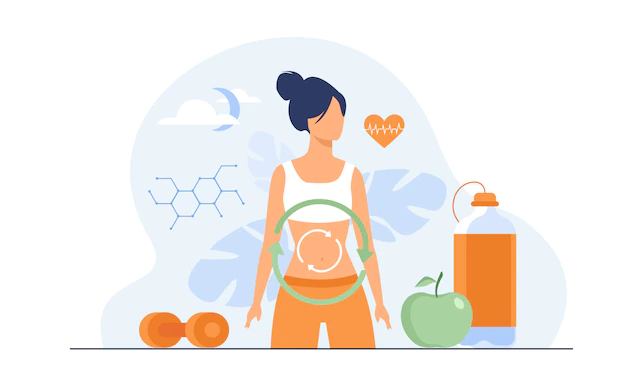Introduction:
Adderall is a prescription medication commonly used to treat attention deficit hyperactivity disorder (ADHD). It contains a combination of amphetamine salts that help increase focus, attention, and reduce hyperactivity. One question that often arises among Adderall users is whether it should be taken on an empty stomach. In this article, we will explore the effects of taking Adderall without food and discuss the potential benefits and risks associated with this practice.
Effects of Adderall:
Adderall works by altering the levels of certain neurotransmitters in the brain, such as dopamine and norepinephrine, which play a crucial role in regulating attention and behavior. When taken as prescribed, Adderall can provide significant benefits to individuals with ADHD, improving their ability to concentrate, stay organized, and manage impulsive behaviors.
Taking Adderall on an Empty Stomach:
Taking Adderall on an empty stomach can lead to faster absorption of the medication into the bloodstream. When there is no food in the stomach, the body metabolizes drugs more rapidly, potentially resulting in a quicker onset of effects. Some individuals report feeling the effects of Adderall sooner when taken without food.
Advantages of Taking Adderall on an Empty Stomach:
- Faster onset of action: When Adderall is taken on an empty stomach, it may start working more quickly, providing the desired therapeutic effects sooner.
- Increased effectiveness: Some people claim that taking Adderall without food enhances its effectiveness, allowing them to experience more noticeable benefits in terms of improved focus and concentration.
Risks and Considerations:
While taking Adderall on an empty stomach may have its advantages, there are several important factors to consider before adopting this practice:
- Increased side effects: Taking Adderall without food can amplify its side effects. Common side effects of Adderall include decreased appetite, dry mouth, insomnia, increased heart rate, and irritability. These effects may be more pronounced when the medication is taken on an empty stomach.
- Gastrointestinal discomfort: Adderall can cause stomach upset or gastrointestinal issues, such as nausea or vomiting. Having food in the stomach can help alleviate these symptoms for some individuals.
- Blood sugar levels: Taking Adderall on an empty stomach may lead to fluctuations in blood sugar levels, particularly for individuals with diabetes or those prone to hypoglycemia. It is essential to monitor blood sugar levels closely and consult a healthcare professional for personalized advice.
- Individual variations: The impact of taking Adderall on an empty stomach can vary from person to person. Some individuals may experience more significant benefits or adverse effects, while others may not notice a significant difference.
Consulting a Healthcare Professional:
Before making any changes to your Adderall dosing routine, it is crucial to consult with a healthcare professional. They can provide personalized guidance based on your specific medical history, current health condition, and individual response to the medication.
Conclusion:
Taking Adderall on an empty stomach may result in a quicker onset of action and potentially increased effectiveness for some individuals. However, it is essential to carefully consider the potential risks and individual variations before adopting this practice. Consulting a healthcare professional is crucial to ensure the safest and most effective use of Adderall based on your specific needs and circumstances. Remember, personalized medical advice should always be sought to make informed decisions about medication usage.





